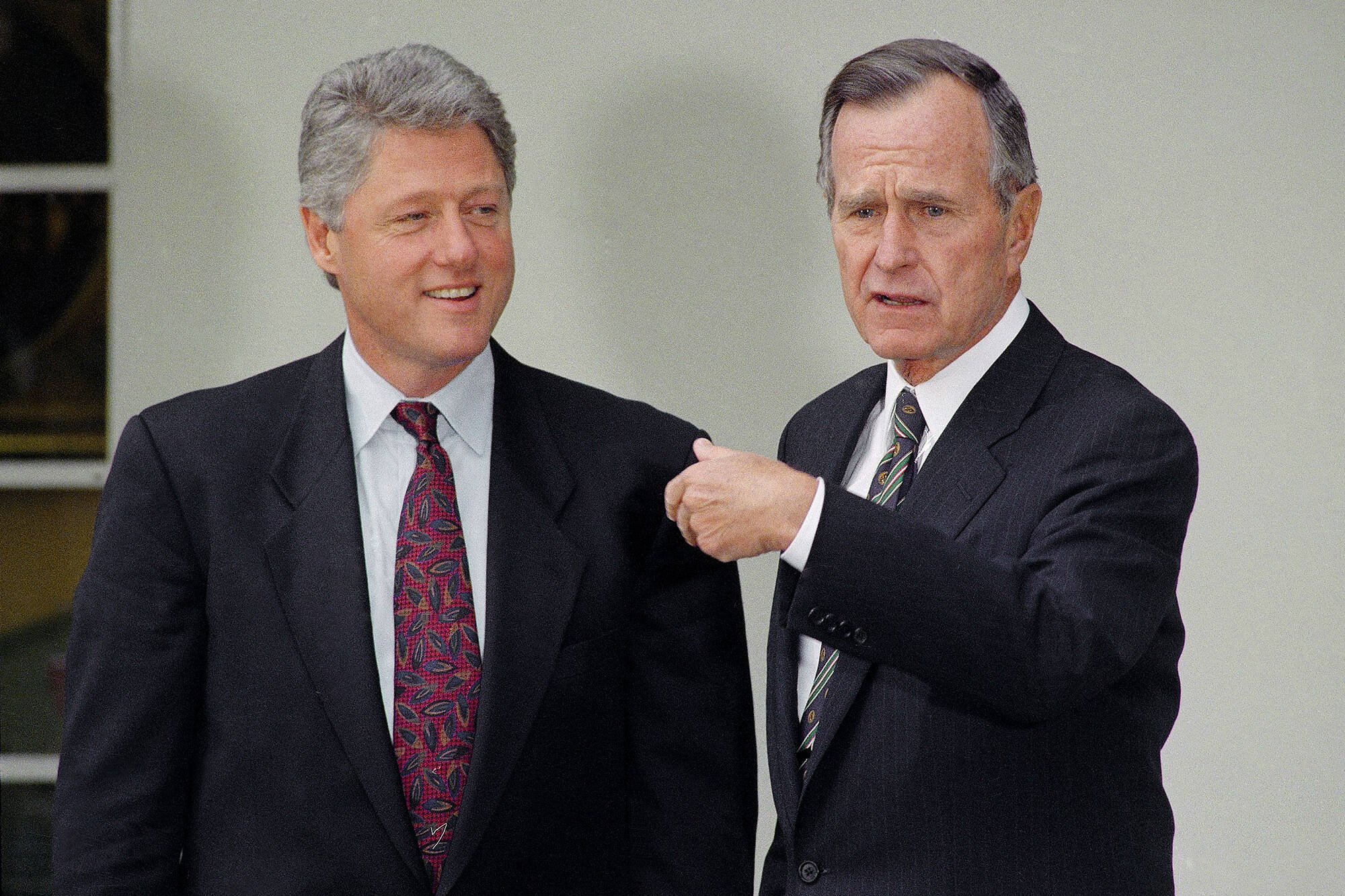Why Network News Isn’t What It Used to Be
When CNN first launched – 45 years ago this week – it joined a media landscape almost completely unrecognizable today.
Back then, Americans of all stripes had the same media diet. Nearly half the country watched the evening news every night, and they had the same three networks to choose from.
Don’t Miss Out: Get the latest updates – sign up for emails from No Labels.
That world is gone.

According to Pew Research, 42% of Americans with TVs tuned in to one of the big three networks – ABC, CBS, or NBC – on any given night in 1980. They trusted the likes of Walter Cronkite, Tom Brokaw, and Peter Jennings to keep them informed and entertained.
Today, that number has collapsed. Just 15% of Americans watch the networks’ evening news. Each of the big three has been affected roughly equally.
Why the collapse?
A big part of the answer is generational. Young people simply aren’t watching.

For people under 50, the vast majority prefer to read the news online or on social media rather than watch it on TV.
This shift in format has come with a shift in trust, too.

Trust in the media has fallen dramatically over the last two decades. And it’s not just Republicans: less than half of Democrats under age 50 say they trust the media.
Did people stop tuning in because they lost trust, or was it the other way around? It’s hard to say for sure. But whatever the cause, one thing is clear: Americans are further apart now than they were in TV news’s heyday.
CNN helped usher in a new media era when they launched in 1980. Now, 45 years later, will they be able to survive yet another shift?
Looking for the latest in your inbox? Sign up for emails from No Labels.
Related
Peyton Lofton
Peyton Lofton is Senior Policy Analyst at No Labels and has spent his career writing for the common sense majority. His work has appeared in the Washington Examiner, RealClearPolicy, and the South Florida Sun Sentinel. Peyton holds a degree in political science from Tulane University.





You must be logged in to post a comment.